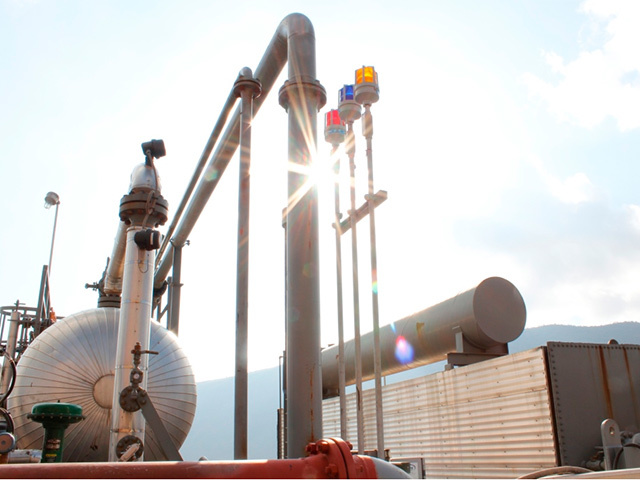
The British operators of a key oil field in Kurdistan have been given a major boost after a new report revealed the scale of the prospect.
Gulf Keystone confirmed today the firm’s Shaikan and Sheikh Adi assets in the region could contain up to 12.5billion barrels of gross oil, with at least 1.2billion of that as recoverable resources.
The findings, made by ERC Equipoise in their competent person’s report on company’s Kurdish assets, could be worth hundreds of millions of pounds to the company.
But the report looked only at the first phase of the development plan for the giant Shaikan field.
“This report represents a conservative estimate based solely on reserves which are being targeted with 26 wells representing less than 25% of all wells currently envisaged for the Shaikan development,” said Gulf Keystone chief executive Todd Kozel.
“The CPR does not take into account undrilled and untested horizons and we see a clear route for unlocking the upside to these 2P and 2C numbers through drilling more wells and thus obtaining a better understanding of the oil water contact levels and the actual fracture porosity.”
The findings offer a boost to the company, which suffered a bitter boardroom battle and legal dispute last year over the field and the make-up of its leadership.
Gulf Keystone said it had sold around 690,000 barrels of oil already from the Shaikan field since the end of last year.
The firm, which currently trades on the AIM market, expects to list on the London Stock Exchange next week with its AIM shares set to be cancelled.
“Progress achieved since July 2013, when we commenced commercial production from Shaikan, demonstrates that Gulf Keystone is evolving from an oil and gas exploration company to a production company targeting production capacity of 40,000 barrels of oil per day in 2014,” said Kozel.
“Another significant milestone in this journey is our forthcoming move from AIM to the Main Market of the London Stock Exchange and we are another step closer to achieving this goal.
Kurdistan’s oil assets remain a hot topic in the middle east, with the country looking to sell its output through the newly established pipeline with Turkey.
Iraqi authorities have disputed the Kurdish Regional Government’s right to sell the oil, leading to months of stand-off between the two.
Recommended for you
